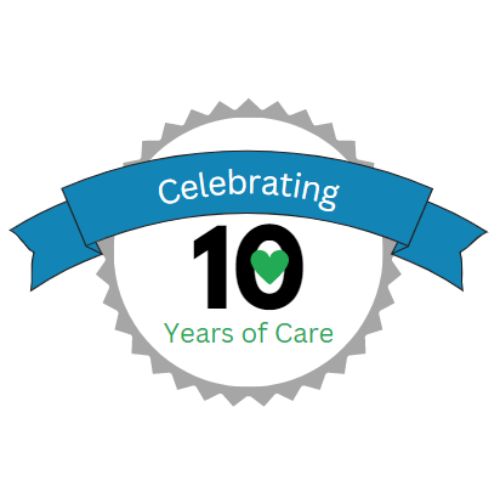It’s no secret that as we age, our bodies start to change. One of these changes is the loss of muscle mass because of changes in protein digestion. The importance of protein diets for seniors is a topic more individuals should be concerned with. According to publication by the U.S. National Library of Medicine National Institutes of Health, “Protein tissue accounts for 30% of whole-body protein turnover but that rate declines to 20% or less by age 70. The result of this phenomenon is that older adults require more protein/kilogram body weight than do younger adults”. Fortunately, adding more protein to a senior’s diet can help to balance nourishment needs. To maintain muscle health, consider these protein tips for your or your senior loved one’s diet.
The Importance of Protein from Vegetables
When most people think of protein, they think of a flank steak or some other red meat. But, the truth is, you don’t have to get your daily intake of protein from meat. In fact, vegetarians and herbivores haven been getting their intake of protein through plant-based diets for generations. Meats can be hard to chew and digest for seniors, especially thicker red meats. So, cooked and steamed vegetables can be a great alternative or addition. Vegetables with the highest amount of protein include green peas, potatoes, collard greens, squash, eggplant, spinach, asparagus, brussel sprouts and broccoli.
Beans, Beans, They’re Good for your Heart…and Muscles
A commonly overlooked protein packed food is beans. Specifically, lima beans, black beans, red beans, soybeans and kidney beans have the highest amount of protein per serving. Beans can be a great side to a meal or used in recipes that call for them. Some bean recipes, like casseroles or soups, are great options for seniors because they can be easily stored in refrigeration and heated for later use! Furthermore, soybean supplements can be used as protein filled replacements for animal meats!
Nuts–Protein Packed Simple Snacks
Nuts seem to be on almost every diet and health list. That’s because they are packed with nourishing goodness–including protein. Walnuts, almonds, peanuts and cashews all account for about 8 grams of protein every ounce! Implement a handful of tossed nuts as an in-between meal snack or add them into recipes like salads or cooked vegetables. Or, simply use and eat more peanut or almond butter spreads!
The Importance of Protein in Dairy
Another great protein diet addition is dairy products. Milk, yogurt, cottage cheese and other cheeses are a great source of protein and relatively easy to add to a daily diet. But, since dairy products can be high in fat, look for low-fat options. The daily intake of fats should only be 10% of a person’s diet.
Fill in the Gaps with Supplemental Drinks
If you or your aging loved one still come up short with the amount of protein within a diet, there are always supplemental drinks. These come in all sorts of flavors and can be purchased at almost any grocery store of pharmacy. Popular brand names include Boost, Ensure and Nesquick. These are a great, fast way to make sure that you or a loved one is getting the right amount of protein intake. And, they can even be spruced up to be more exciting. Try blending these drinks with ice to transform them into shakes. You can even add other ingredients like vegetables, fruits, candies and syrups to spice things up!
Finding a Caregiver to Help with Protein Intake
If you or a loved one is an aging senior who needs help implementing protein or with other daily tasks, an in-home caregiver may be able to help. In home caregivers may provide assistance not only with meal preparations, but with transportation, scheduling, cleaning, medications and more! If you’re ready to receive a referral for a certified and experienced in home caregiver for yourself or an aging loved one, please reach out to us at Florida First Senior Home Care by calling (561) 717-7224.







